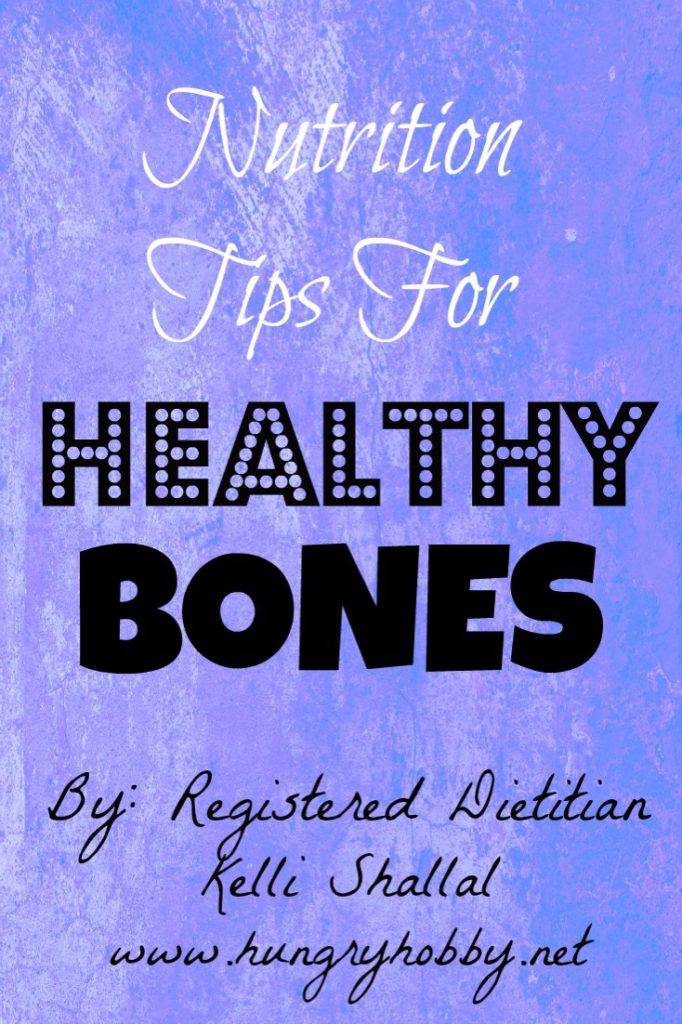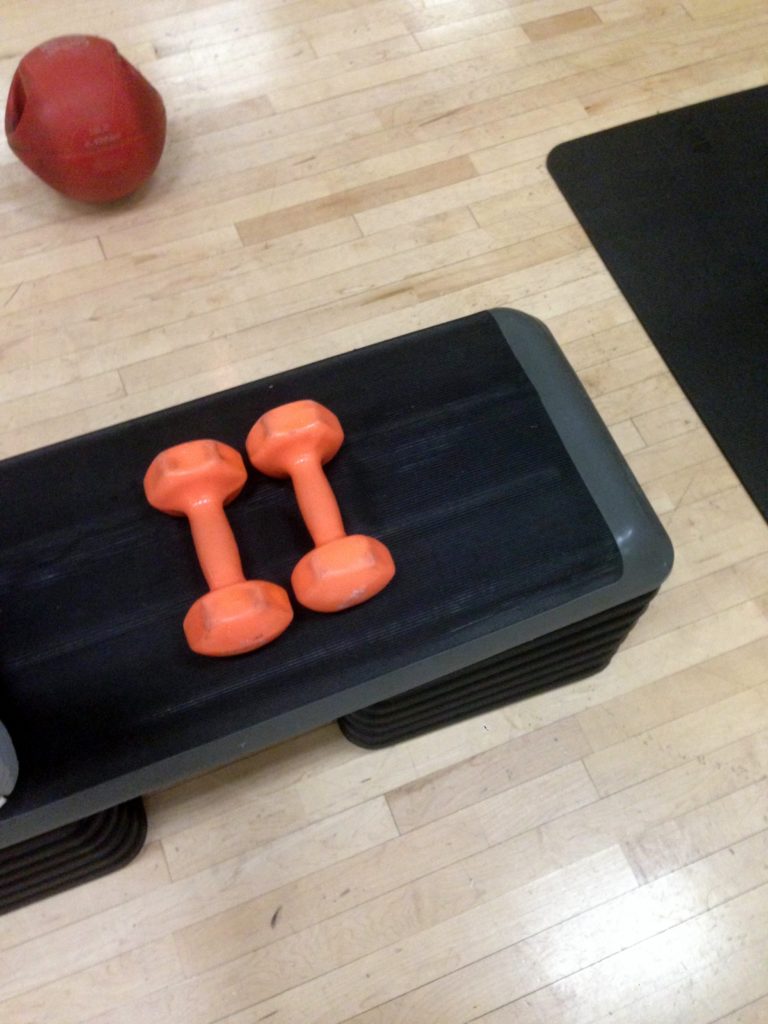Hi friends! The semester is winding down and before you know it will be over! This last week we are covering the importance of promoting bone health with nutrition! My students also go to get their Z Score via bone densitometer. Did you know that you can get DEXA scans (gold standard for measuring bone density) on Groupon for $25 bucks? Just be sure to go in with your game face because otherwise you might end up spending quite a lot. If you can stick to your guns it’s worth it to have a baseline measurement of bone density, especially for females! Now, let’s discuss important ways to promote good bone health!
Nutrients Involved In Bone Health
The first step is to make sure you get enough of critical bone building nutrients.
- Vitamin D - regulates blood calcium levels & required for bone calcification
- Food sources: cod liver oil, fatty fish, fortified products (milk, milk alternatives)
- Vitamin K - involved in the production of GLA proteins found in bone matrix
- Food sources: Green leafy vegetables
- calcium provides rigidity to bones & teeth
- Food Sources: dairy, fish/seafood with bones, green leafy vegetables, broccoli, beans
- Phosphorus provides rigidity to bones and teeth
- Food sources: meats, nuts, seeds
- magnesium develops and maintains teeth and bones
- Food sources: green leafy vegetables, dark chocolate, cashews
- Fluoride - develops and maintains teeth and bones
- Food sources: seafood and fluorinated water
10 Ways to Promote Good Bone Health
1. Get Enough Protein
Protein is a crucial component of bone health. In fact, collagen is a main protein that provides flexibility to bone, allowing it to absorb force. Protein also increase absorption of calcium, but also the excretion. While there is some research investigating high protein diets and bone health, currently nothing has been proven for or against. Generally it is though that protein is protective of bone health.
2. Monitor Calcium Intake
Recommended is 1,000-1,500mg per day. Monitor calcium intake from foods, fortified foods and supplements to ensure you are getting enough or not to much. Calcification of the heart is a concern with high doses of calcium. In addition, the more calcium taken at one time the less that will be absorbed so it’s best to break up consumption throughout the day.
3. Moderate Amounts Of Caffeine (less than 300mg per day)
- Verdict is still out on this one, some studies have found caffeine protective and others that it may decrease absorption of calcium. Keeping it to moderation is likely to have less of an effective when intaking less calcium.
4. Limit Alcohol
- Alcohol prevents absorption of nutrients and increases excretion, in fact, it increases excretion of magnesium by up to 260%. Keep alcohol to moderate levels and consume away from calcium foods/supplements.
5. Cut Soda - Especially the Dark Colored Stuff
- Phosphoric Acid in high concentrated doses is thought to leech calcium out of bones. This is one reasons researchers hypothesize a link between poor bone health and dark colored soda consumption.
6. Don’t Over Do It On The Fiber
- Yes, fiber is great for you, however, in excess doses it can prevent the absorption of vital mineral for bone health. This association seems to be especially true for wheat bran which when researched has been shown to decrease the absorption of calcium from milk. Try to get the majority of your fiber from vegetables, fruits, nuts, seeds and whole grains in whole form instead of a pill, supplement or fortified “whole grain” foods unless otherwise directed.
7. Get Enough Saturated Fat
- Studies are starting to correlate saturated fat intake with healthy hormone levels. Estrogen is required to build and maintain bone mass, this is why during menopause women begin to lose bone mass. Stick with the natural unprocessed versions like grassfed dairy/meat and coconut/palm oil.
8. Soak Your Beans
- Some beans such as kidney are great sources of non animal sources of calcium, however they contain a substance called phytates which limits the absorption of calcium. Soaking (and draining) your beans overnight prior to cooking can help reduce phytate levels. This is also the reason why many vegetables such as spinach which contain calcium are not considered good sources.
9. Strength Train
- Weight bearing exercise is the most important type of exercise to promote bone health.
- Wolff’s Law: bone grows and remodels in response to the forces placed upon it.
- Walking, jogging and dancing are also considered weight bearing activities.
10. Stop Smoking
- Negatively influence hormones required for bone building and maintenance even causing bone loss. Damage can be reversed among cessation of smoking.









Blair Lawson says
Thanks for the tips. I found this very informative.
Kryptolight UVC light says
Barley and chia seeds both have almost 7 times more calcium then milk and they are not on this list crazy
Kelli Shallal MPH RD says
They do, but the calcium is not as absorbable and the quantity needed to consume the 7x more is very very large.
Zoe Campos says
Thanks for letting me know that it is ideal to consume 1,000-1500mg of calcium per day. My mother is getting older and she's trying to focus on her health more to prevent the early signs of osteoporosis. Maybe she can also check nearby fitness centers and see if she can get on a Biodensity mill for good exercise.